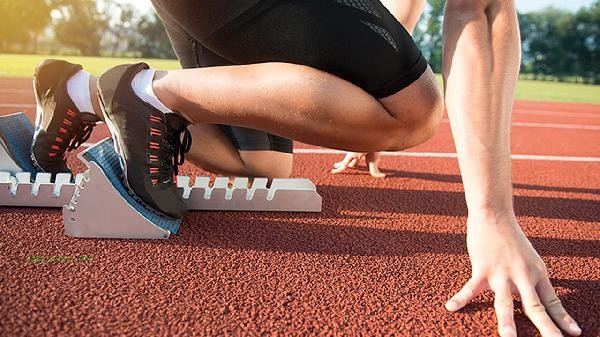Abdominal pain during running is usually related to exercise intensity, breathing patterns, or improper eating time, and in rare cases may be caused by gastrointestinal diseases. This kind of pain is mostly temporary functional disorder, which can be relieved by adjusting exercise habits. Diaphragmatic spasms during running are a common cause of abdominal pain, and intense exercise leading to rapid breathing can cause insufficient blood supply to the diaphragm, resulting in spasmodic pain. It is recommended to use abdominal breathing while running to maintain a coordinated breathing rhythm and pace, and avoid rapid mouth breathing. Adequate warm-up before exercise can also help reduce the probability of diaphragm spasms.

Exercise immediately after eating may cause gastrointestinal discomfort. When food in the stomach is not fully digested, it may be stimulated by shaking, which can easily lead to bloating or cramping. It is recommended to exercise one hour after meals to avoid exacerbating digestive burden with high fiber and high-fat foods. supplementing with a small amount of electrolyte water during exercise can prevent gastrointestinal spasms. Some populations may have underlying gastrointestinal diseases, such as chronic gastritis or irritable bowel syndrome, where visceral vibrations during exercise can exacerbate discomfort. If the pain recurs and is accompanied by symptoms such as acid reflux and diarrhea, it is recommended to seek medical attention for investigation. Sports medicine examinations can help identify the presence of abdominal muscle strains or internal organ abnormalities. After running, if you experience abdominal pain, try taking slow deep breaths and pressing on the painful area. Hot compress can help relieve muscle spasms. Daily exercise intensity should be gradually increased, avoiding vigorous exercise on an empty stomach or when full. Choosing professional running shoes to reduce ground impact and strengthening core muscle training can effectively prevent sports related abdominal pain. If the pain persists or worsens after adjustment, it is necessary to seek medical evaluation from a gastroenterology or sports medicine department in a timely manner.









Comments (0)
Leave a Comment
No comments yet
Be the first to share your thoughts!